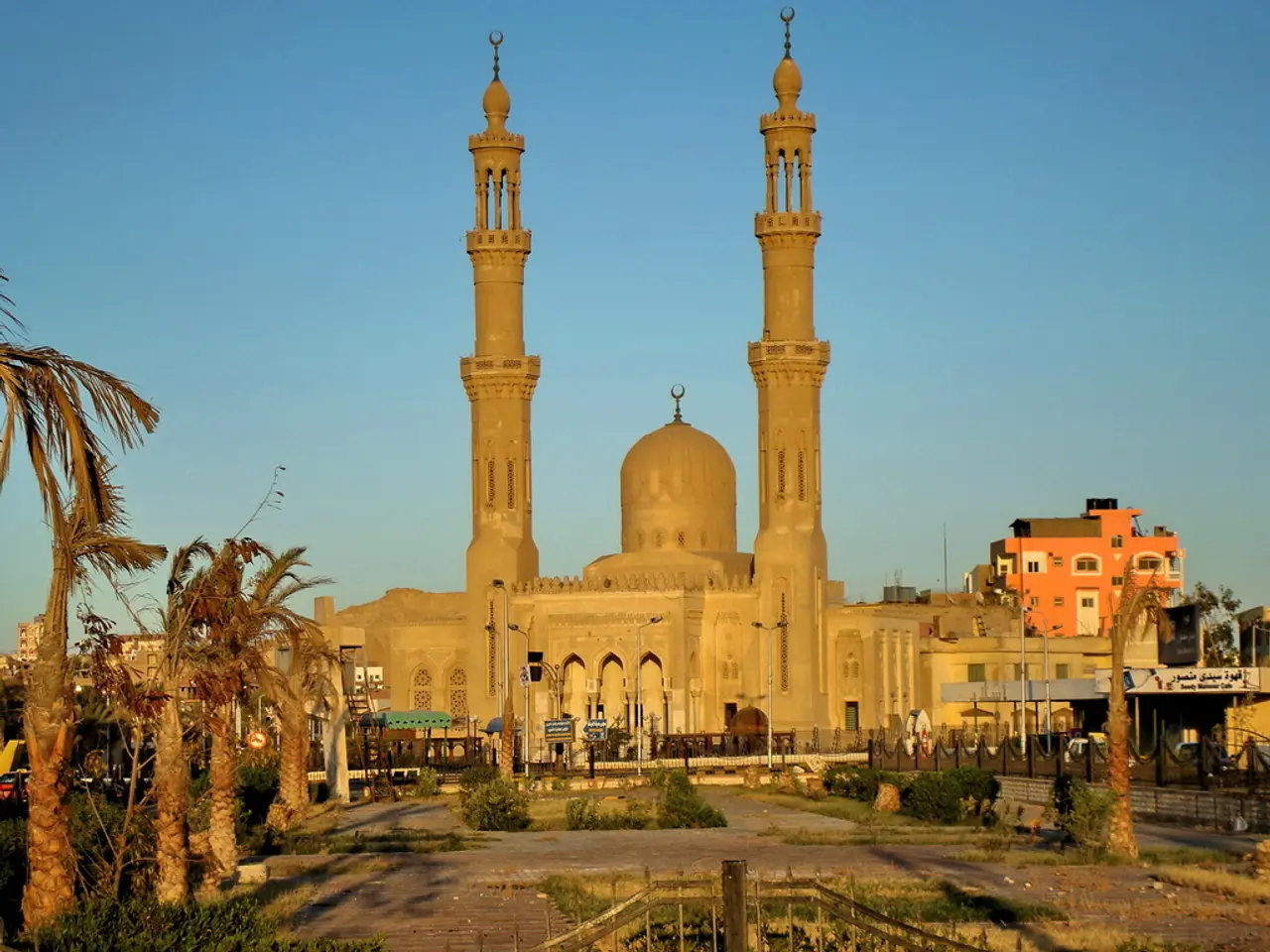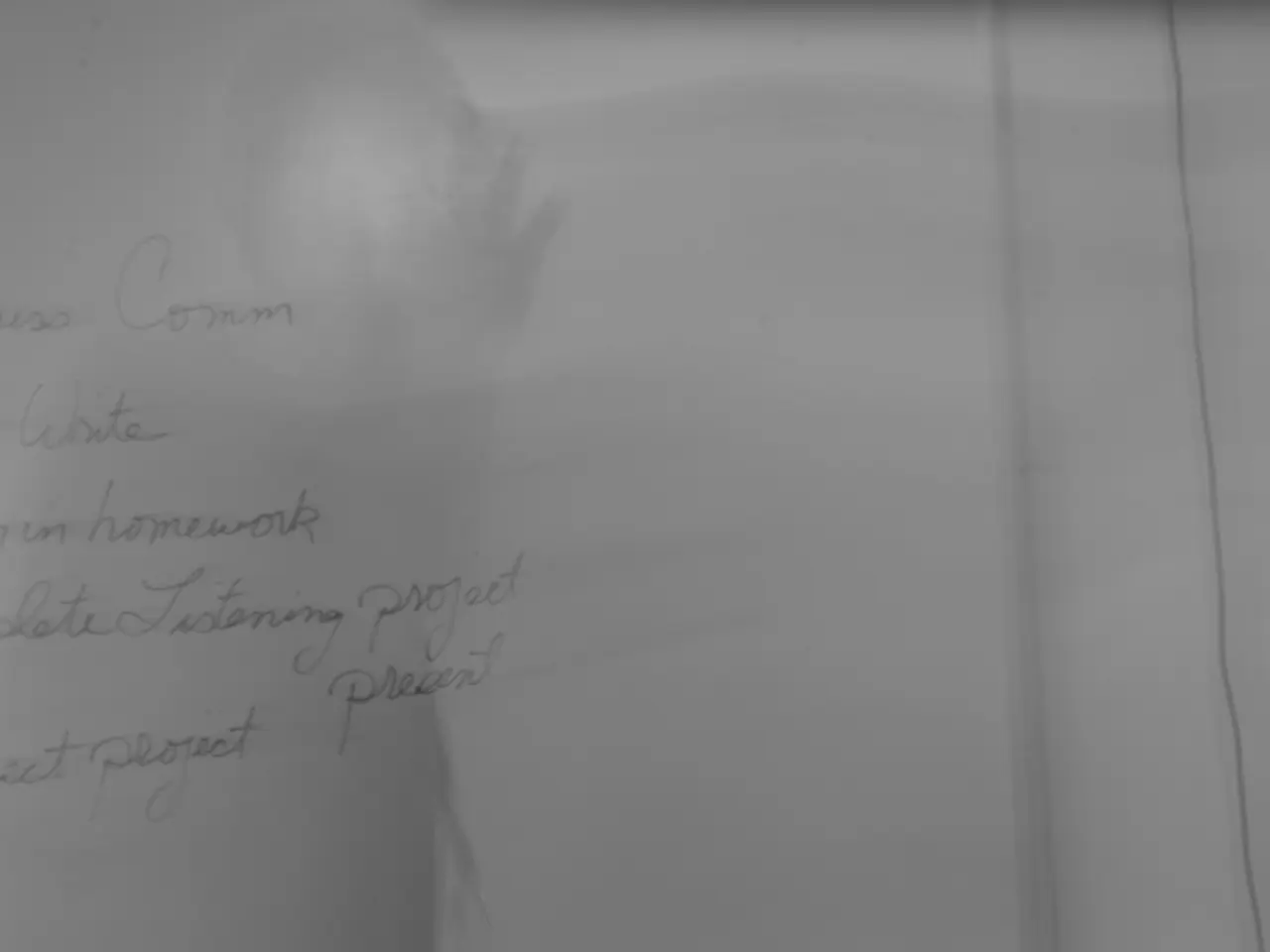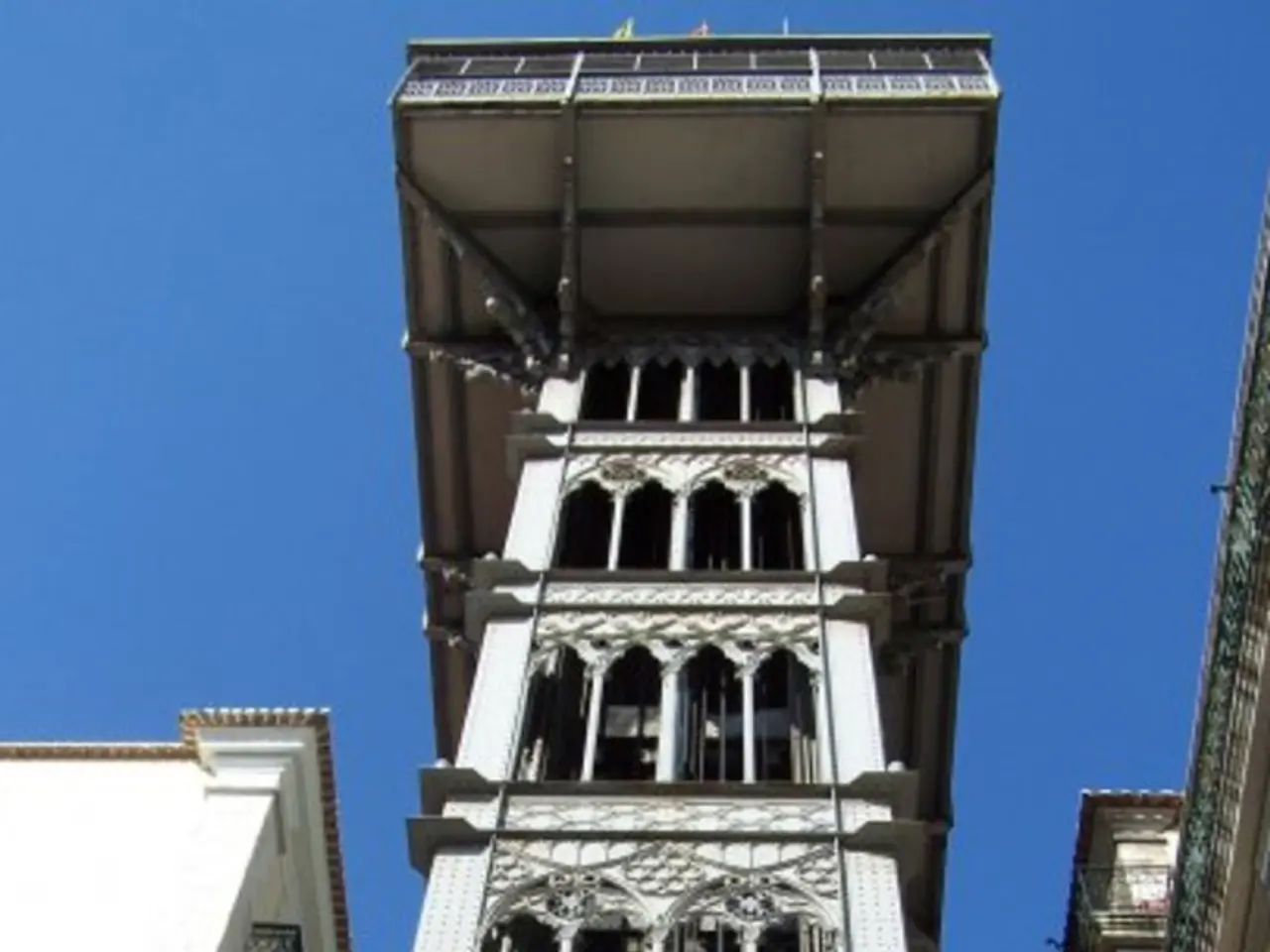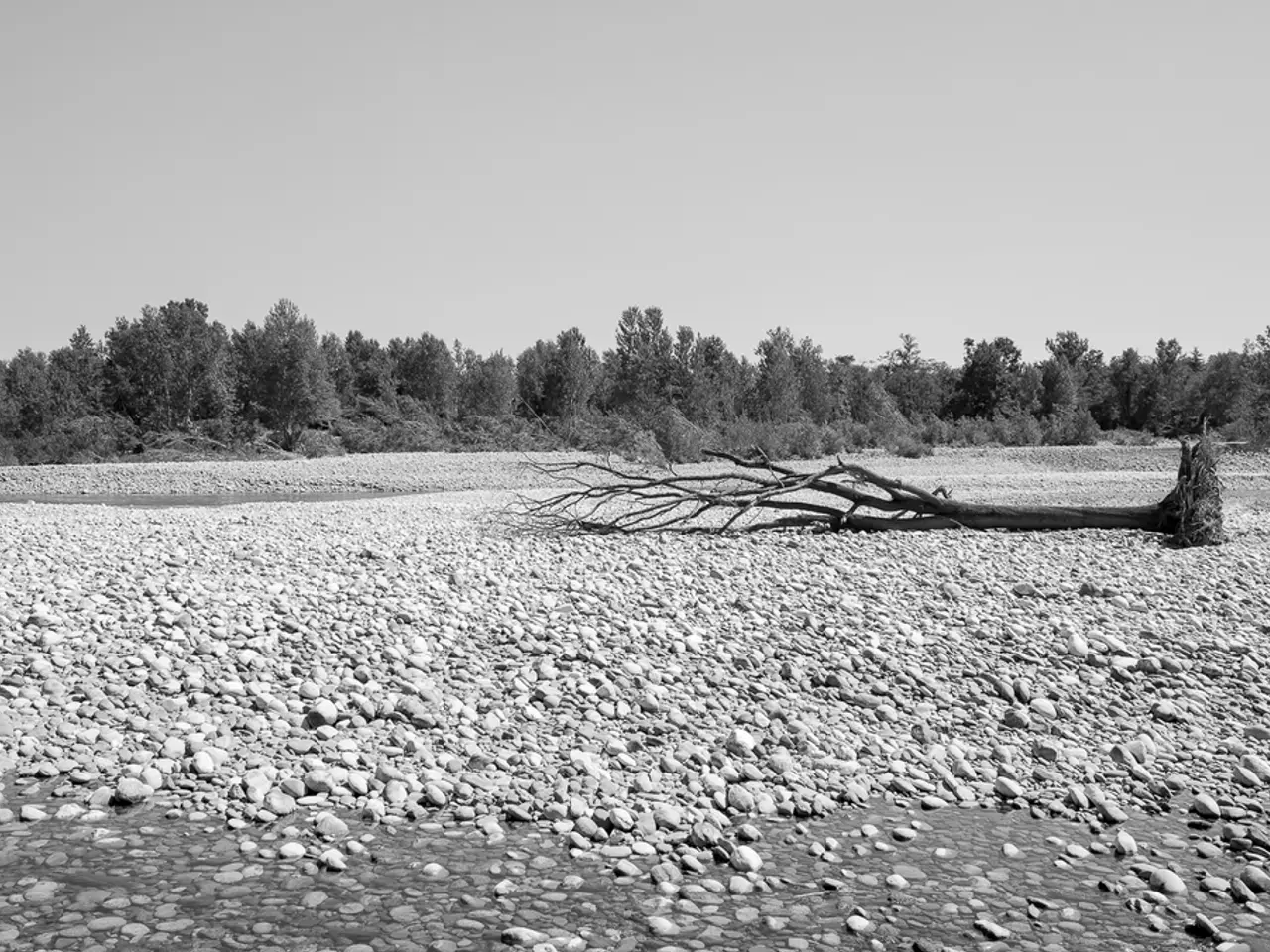Following Iran's conflict with Israel, speculations resurface concerning possible heirs to Khamenei's leadership
Iran's Supreme Leader Succession: A Complex and Urgent Matter
After nearly four decades, the process of naming a new Supreme Leader in Iran is unfolding once more, following the reign of Ayatollah Ali Khamenei who succeeded Ayatollah Ruhollah Khomeini. The selection of Khamenei's successor is a complex interplay of constitutional procedure, religious authority, political power balances, and internal consensus within the clerical hierarchy and security establishments.
The Assembly of Experts, a body of Islamic clerics tasked with electing and, if necessary, dismissing the Supreme Leader based on qualifications and public esteem, will ultimately decide under Iran’s constitution. Key factors influencing the selection include religious qualifications, political and ideological alignment, support within the clerical establishment, perceived ability to lead both religiously and politically, and popular legitimacy and "trustworthiness."
Originally, the Supreme Leader was expected to be a marja' (a high-ranking Shia authority) or at least an ayatollah. However, Khamenei himself was not a marja' at the time of his selection, prompting a constitutional change. The candidate must have a strong commitment to the Islamic Republic’s principles and its Shia Islamic jurisprudence, and the support of the Assembly of Experts is crucial.
There is a realization among many power brokers that things have to change, that Iran's virulent anti-West stance has hit its limit. Some experts suggest that the next leader of Iran may not necessarily be a religious figure. The Islamic Revolutionary Guard Corps (IRGC), who have paid the highest price for Khamenei's strategic mistakes, may see this as an opportunity for change.
Iran has suffered deep setbacks under Khamenei, including a battered economy, discontent in society, and the loss of key proxies and military decimation. The selection of a successor has become more urgent following the recent war with Israel and the U.S. bombing of key Iranian nuclear sites.
Vali Nasr, an Iran expert, states that everything in Iran for the past four or five years has been about succession. The war between Israel and Iran in June 2025 has led to speculation about Khamenei's successor. Afshan Ostovar, another Iran expert, suggests that Khamenei may not reveal his successor to avoid political attacks and tarnishing of the successor's brand.
Khamenei has handed names of potential successors to the Assembly of Experts, a group of clerics who decide the next leader. The manner of Khamenei's death could affect the decision about who next runs Iran, with a moderate becoming supreme leader if he dies naturally, and a hardline cleric taking control if Khamenei is assassinated to maintain continuity after a violent end to his rule. Khamenei may have created contingency plans to ensure a smooth and quick transfer of power.
The IRGC is in the government, controls media, and vast areas of the economy, operating behind a civilian facade. Iran's Supreme Leader Ayatollah Ali Khamenei is 86 years old, adding to the urgency of the succession process. The weaker a person is, the more influence that all the factions can potentially exercise over that person. The potential successors to Iran's Supreme Leader will undoubtedly shape the future of Iran and its relationship with the West.
- The potential impact of ESG (Environmental, Social, and Governance) considerations on the succession process in Iran could be significant, given the nation's strained relationships with the West and ongoing issues related to war-and-conflicts and politics.
- The selected successor of Iran's Supreme Leader will need to demonstrate strong credit (trust and reliability) with the Assembly of Experts and the general public, as key factors influencing the selection include popular legitimacy and trustworthiness.
- In the context of Iran's ongoing political shifts, the role of IRAs (Individual Retirement Accounts) may become increasingly relevant for those power brokers within Iran who are looking to secure their financial future while navigating the complexities of the succession process.






